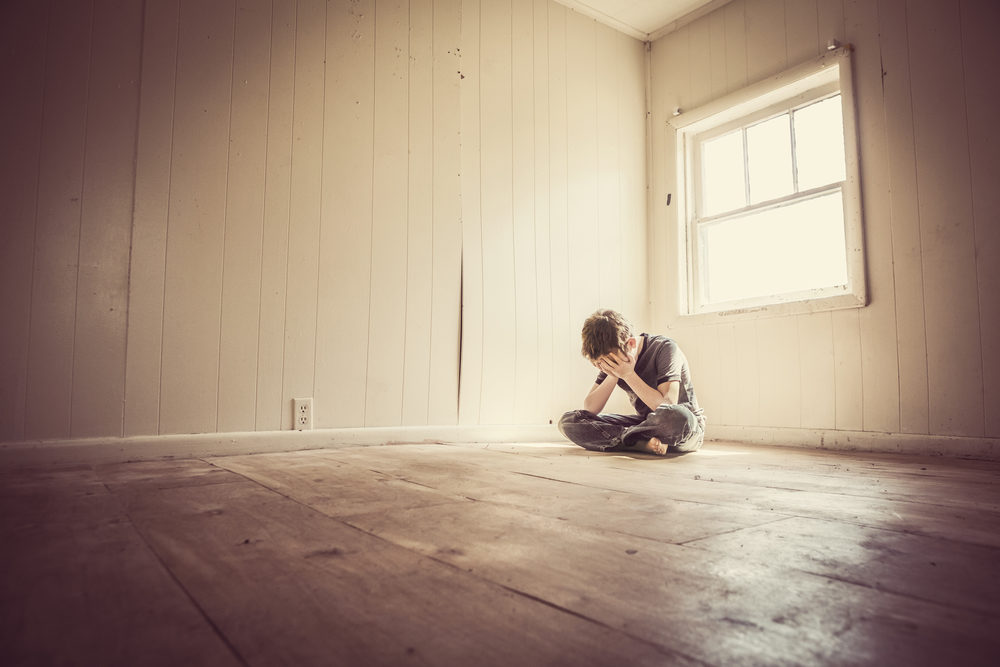
Delaware County, New York – A federal indictment unsealed in Syracuse on Thursday, April 4, 2024, has revealed disturbing details about the treatment of students at the now-closed Allynwood Academy, formerly known as the Family Foundation School, located at 430, 431 Chapel Hill Rd, Hancock, NY 13783. These charges disclose a pattern of abuse by a staff member, Paul Geer, who worked at the school for around 20 years.
Students Subjected to Physical, Sexual, and Emotional Abuse For Years at NY Boarding School
According to the indictment, Geer, 56, subjected students to a range of punishments, including food deprivation, isolation in a small, locked room for hours or days, being wrapped in a blanket and sealed inside with duct tape, and being forced to carry hundreds of pounds of rocks. The school also enforced a “blackout” policy, where students were prohibited from verbal communication for weeks or months.
Geer is also accused of repeatedly sexually abusing students, including forced oral and anal sex. In several instances, he coerced students to travel with him to other states, including Maine, Pennsylvania, and Toronto.
Lawsuits and Sexual Abuse Investigations Prompt Boarding School Closure
About a dozen former students have filed civil lawsuits against the school, including under the New York Child Victims Act, which allows people who suffered sexual abuse as children to file claims regardless of when the abuse occurred. Geer was deposed twice in these lawsuits, during which he denied abusing students but admitted to speaking to them inappropriately about sexual matters.
The Argiros family ran the school for around 30 years, marketing it as a place that could help children with drug, alcohol, or behavioral issues. The school closed in 2014 due to declining enrollment, and the land was sold to a neighboring summer camp.
Calls for Oversight and Regulation of Boarding Schools
Former students have spoken out about their experiences at the school, with one, Jon Martin-Crawford, testifying before a U.S. House committee in 2008 about the need for oversight and regulation of such facilities. Tragically, Martin-Crawford took his own life seven years later. In 2018, The Times ran a front-page story featuring the school, highlighting the alarming mortality rate among the boarding school’s alumni.
The revelations from the federal indictment and the lawsuits have sparked renewed calls for stricter regulations and accountability in the “troubled teen” industry, to ensure the safety and well-being of vulnerable young people.
Holding Negligent Schools Accountable: An Interview with Boarding School Abuse Attorney
The disturbing details about the alleged sexual and physical abuse suffered by students at the shuttered Allynwood Academy in New York have left many seeking justice. Laurence Banville, a New York boarding school abuse lawyer, discussed the key factors that determine a boarding school’s liability in cases of this nature, the legal rights of victims under laws like the New York Child Victims Act, and the importance of survivors coming forward to seek the justice they deserve. His perspective offers valuable guidance on how to hold negligent institutions accountable in hopes of ensuring that no child ever has to endure abuse at a boarding school.
Legal Examiner (LE): Thank you for joining us, Mr. Banville.
Laurence Banville, Esq. (LB): Thank you for having me.
LE: Can you provide some guidance on the legal options available to survivors of abuse at boarding schools?
LB: Certainly. Survivors of sexual abuse at boarding schools have legal recourse to seek justice. They can consider filing civil lawsuits, utilizing laws like the state Child Victims Act, which allows individuals to pursue compensation regardless of when the abuse occurred.
LE: That’s valuable information for survivors seeking justice. How can these schools be held accountable for their negligence?
LB: Negligent schools can be held accountable through civil litigation. By taking legal action, survivors can not only seek financial compensation but also expose the institutional failures that enabled the abuse. This sends a strong message that such behavior will not be tolerated.
LE: What advice would you give to survivors who want to take legal action against their abusers or the schools responsible?
LB: It’s crucial for survivors to consult experienced attorneys who specialize in sexual assault and abuse cases. These attorneys provide guidance, support, and fight for their clients’ rights.
LE: Thank you, Mr. Banville, for sharing your expertise on the legal rights of survivors of boarding school abuse.
LB: I appreciate the opportunity to discuss this important issue. It’s essential for survivors to know that legal avenues are available to them and that they are not alone in their fight for justice.
Seeking Justice and Accountability for Boarding School Abuse Survivors
If you or a loved one were a victim of abuse at Allynwood Academy or any other boarding school, we encourage you to reach out to our firm for a free, confidential consultation. Our team of experienced attorneys is dedicated to fighting for the rights of survivors and ensuring negligent institutions are held responsible. No one should have to carry the burden of abuse alone. Contact us today to learn more about your options and how we can help you on the road to healing and closure.
Sources:

Mr. Banville is a personal injury attorney who has experience in handling auto accidents, work injuries, medical malpractice, dog bites, slip and falls, and representing survivors and victims of sexual abuse. Mr. Banville is affiliated with law firms in Pennsylvania, New York, New Jersey, Delaware, D.C., and Maryland. Abuse Guardian








